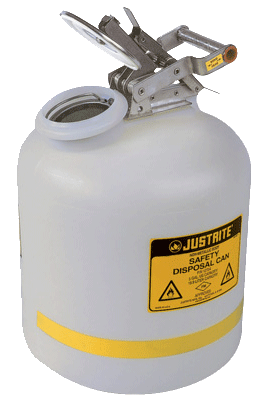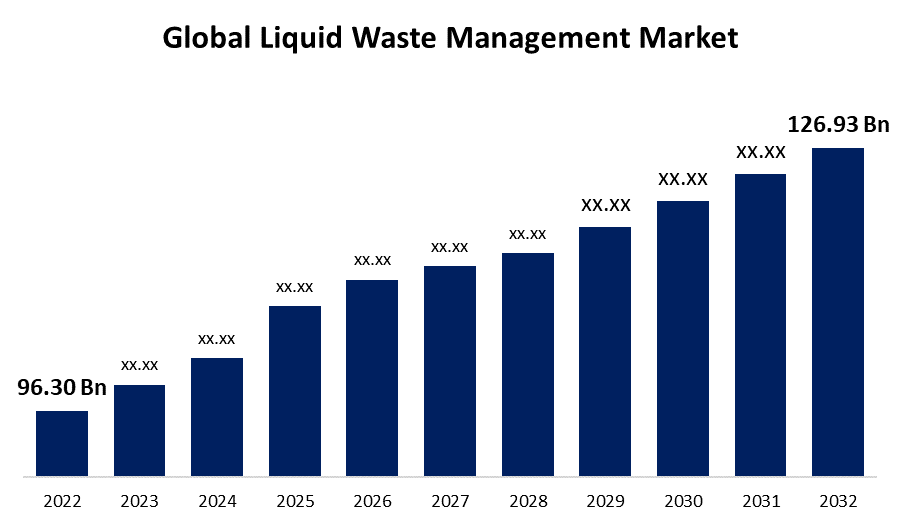Leading Industrial Wastewater Treatment Solutions: Ensuring Conformity and Performance
Leading Industrial Wastewater Treatment Solutions: Ensuring Conformity and Performance
Blog Article
Comprehending the Comprehensive Refine of Fluid Waste Disposal: Best Practices and Environmental Influence Considerations
The administration of liquid waste disposal is a complex issue that requires a detailed understanding of various best methods and their connected ecological influences. From the kinds of fluid waste created to the techniques used for collection, therapy, and last disposal, each action plays a crucial role in protecting environments and public wellness.
Kinds Of Fluid Waste
Understanding the different sorts of liquid waste is important for efficient administration and disposal practices. Liquid waste can be broadly classified right into a number of types, each requiring unique handling and treatment strategies.
Industrial fluid waste usually has harmful materials, including hefty steels, solvents, and chemicals, created during making procedures. These wastes necessitate strict regulative compliance to secure human health and the atmosphere. Residential fluid waste largely refers to wastewater produced from families, consisting of sewage and greywater, which, although less harmful, can still present considerable threats if improperly managed.
Agricultural liquid waste, including drainage from ranches, typically consists of plant foods and chemicals that can bring about environmental deterioration otherwise dealt with appropriately. Medical fluid waste, produced from health care facilities, includes polluted fluids such as bodily liquids and chemicals, calling for specialized disposal approaches to stop infection and ecological contamination.
Last but not least, oil and oil waste, generally produced by dining establishments and auto sectors, can trigger serious blockages in sewer systems otherwise handled appropriately. Comprehending these classifications helps with targeted techniques for treatment, conformity with guidelines, and efficient disposal methods, inevitably advertising environmental sustainability and public health security.

Collection Approaches
Efficient collection methods are crucial for the correct administration of fluid waste, making sure that it is gathered securely and efficiently prior to treatment or disposal. Numerous techniques are used depending upon the kind of fluid waste produced, the volume, and the details attributes of the waste.
One common technique is making use of committed collection tanks or sumps, which are made to catch fluid waste at the resource. These systems frequently include pumps that help with the transfer of waste to bigger storage space containers or treatment centers. In addition, mobile collection systems outfitted with vacuum innovation are used in circumstances where waste is created intermittently or in hard-to-reach areas.
For commercial settings, closed-loop systems can properly lessen spills and leaks, permitting the healing and reuse of fluid waste. It is also important to educate personnel on correct collection protocols to alleviate dangers associated with hazardous substances.
Additionally, implementing routine maintenance timetables for collection equipment guarantees optimum efficiency and safety and security. The integration of sophisticated monitoring systems can boost collection efficiency by providing real-time data on waste levels and prospective dangers. Generally, reliable collection approaches are fundamental to lasting fluid waste monitoring techniques.
Therapy Procedures
Therapy procedures play an essential duty in the monitoring of liquid waste, transforming potentially dangerous products into multiple-use resources or secure effluents - liquid waste disposal. These processes can be broadly classified into physical, chemical, and biological techniques, each tailored to deal with particular contaminants present in the waste stream
Physical therapy approaches, check that such as sedimentation and filtering, work by removing suspended solids and particle matter. These methods are usually the first step in the therapy chain, effectively decreasing the lots on succeeding processes. Chemical therapies entail using reagents to counteract dangerous substances, precipitate hefty metals, or oxidize natural pollutants, thus boosting the safety of the effluent.
Biological treatment processes, including activated sludge systems and anaerobic food digestion, maximize the all-natural capacities of bacteria to break down natural issue. These methods are especially reliable for wastewater consisting of naturally degradable contaminants. Advanced therapy modern technologies, such as membrane layer purification and progressed oxidation processes, are increasingly employed to accomplish greater degrees of purification.
Including a mix of these therapy techniques not just ensures conformity with governing requirements however likewise advertises environmental sustainability by recovering useful sources from fluid waste.
Disposal Options
How can organizations make sure the responsible and risk-free disposal of liquid waste? Efficient disposal choices are crucial for protecting public health and wellness and the atmosphere. The key approaches include land treatment, incineration, and disposal complied with by discharge into community wastewater systems.
Land disposal includes the cautious containment of liquid waste in assigned landfills, making sure that it does not seep into surrounding soil or water. Incineration, on the other hand, topics fluid waste to high temperature levels, transforming it right into ash and gases, which need appropriate filtration to reduce emissions. This method is suitable for dangerous wastes that can not be treated through conventional ways.
In situations where liquid waste can be treated, companies might select chemical or organic therapy processes to reduce the effects of damaging elements before releasing the dealt with effluent into municipal systems. This course commonly straightens with regulative requirements, ensuring that the effluent meets safety and security requirements.
Ultimately, organizations have to carry out complete evaluations of each disposal option to establish its viability, taking into consideration aspects such as waste structure, regulatory conformity, and prospective risks to health and wellness and the atmosphere. By selecting appropriate disposal methods, services can add to an accountable waste management method.
Environmental Effect
The environmental effect of fluid waste disposal is a critical factor to consider for companies seeking to decrease their ecological impact. Incorrect disposal approaches can lead to considerable contamination of water resources, soil destruction, and unfavorable results on local ecological communities. For instance, hazardous liquids can seep right into groundwater, posing dangers to drinking water materials and aquatic life. Additionally, the discharge of unattended or inadequately treated waste into surface waters can cause eutrophication, causing oxygen deficiency and the succeeding death of fish and other organisms.

To alleviate these effects, organizations have to adopt best techniques such as applying extensive waste treatment processes, advertising recycling and reuse, and best site sticking to regulative standards. By taking an aggressive strategy to fluid waste management, entities can considerably reduce their ecological impact while supporting lasting advancement goals. Inevitably, a detailed understanding of the environmental impacts connected with fluid waste disposal is important for informed decision-making and liable stewardship of natural resources.
Verdict
Effective administration of liquid waste is vital for protecting environmental integrity and public health. Eventually, an extensive understanding of fluid waste disposal not just mitigates environmental effects however additionally fosters a commitment to accountable resource monitoring and environmental stewardship.
The management of liquid waste disposal is a diverse problem that calls for an extensive understanding of different finest techniques and their linked ecological impacts. From the types of liquid waste created to the methods employed for collection, treatment, and final disposal, each step see here now plays an important duty in safeguarding communities and public health and wellness.The ecological influence of fluid waste disposal is an essential factor to consider for companies looking for to minimize their ecological footprint. Ultimately, an extensive understanding of the environmental impacts associated with fluid waste disposal is necessary for educated decision-making and liable stewardship of all-natural sources.
Inevitably, a thorough understanding of fluid waste disposal not only reduces ecological influences but likewise cultivates a dedication to accountable resource management and ecological stewardship.
Report this page